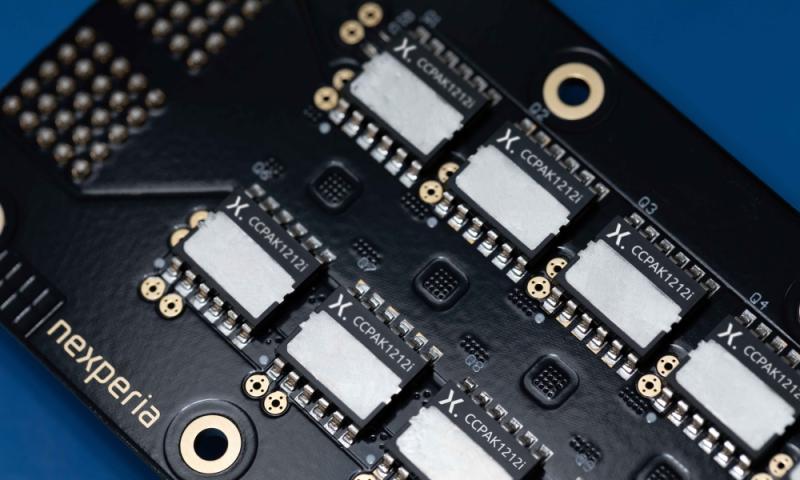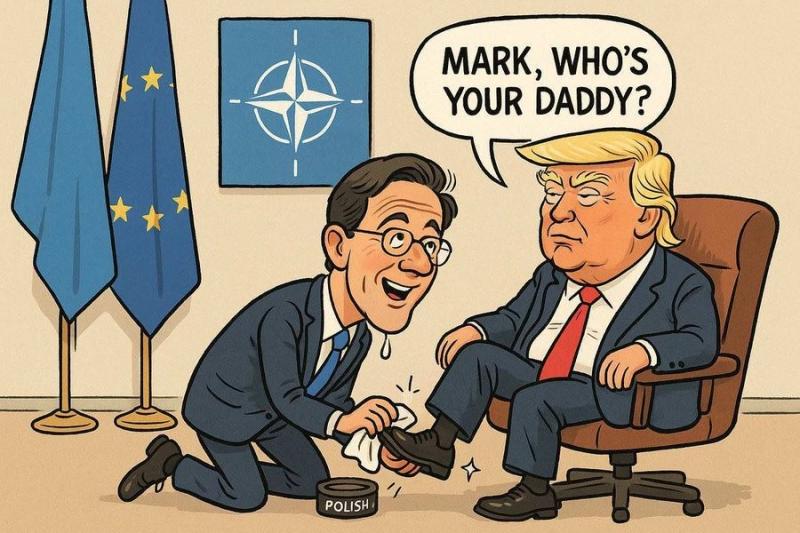
Europe’s Economic Self-Sabotage: The Nexperia Heist and Its Fallout
What just happened in the Netherlands should alarm anyone who still believes Europe is a safe, rules-based place to do business.
Under a dusty 1952 wartime statute—the Goods Availability Act—the Dutch government has effectively seized control of Nexperia, one of Europe’s few thriving semiconductor firms. The company’s Chinese CEO was suspended, its shares placed under a government-appointed trustee, and a “temporary” director given decisive voting power. The official justification: vague allegations of governance failures. The real trigger, however, appears to have been American pressure.
According to court filings, Washington privately warned The Hague in June that unless it removed Nexperia’s Chinese leadership, both the firm and its parent, Wingtech Technology, would be added to the U.S. Entity List—an economic death sentence that would cut them off from global suppliers. The Dutch responded by invoking a Cold War-era emergency law to justify what amounts to expropriation.
A Geopolitical Trap
The irony is breathtaking. In trying to shield its chip sector from geopolitical risk, the Netherlands has just created one. Beijing swiftly retaliated by banning Nexperia from Chinese supply chains—commercially equivalent to a death warrant for a chipmaker. Europe now finds itself squeezed between two economic superpowers: Washington’s sanctions on one side, Beijing’s countermeasures on the other. Heads you lose, tails you lose.
This is more than one company’s tragedy—it is a self-inflicted wound to Europe’s credibility. Nexperia employs more than 10,000 people in Europe and produces over 100 billion chips annually. It is headquartered in the Netherlands, pays European taxes, and complies with European law. Yet the Dutch government decided that its Chinese ownership—legally approved years ago—made it expendable.
The Death of Investor Confidence
Good luck convincing any non-Western investor to put money into Europe now. When a government can seize your assets overnight on the flimsiest pretext of “national security,” the investment climate dies. This decision doesn’t just chill Chinese capital—it chills investors across Asia, the Middle East, and Africa.
It also undermines Europe’s own semiconductor strategy. For years, Brussels has preached “technological sovereignty” and “strategic autonomy.” Yet when push came to shove, the Netherlands acted not as a sovereign state but as a proxy for U.S. policy. Instead of defending its legal order and its companies, it folded instantly under pressure from Washington.
Europe could have drawn a clear line:
“Nexperia is a Dutch company under Dutch law. It will remain so, provided it invests, employs, and abides by EU rules. We will not allow extraterritorial U.S. sanctions to dictate our policy.”
That would have signaled real independence. Instead, the message sent was: “If Washington dislikes your nationality, we’ll seize your property.”

A Pattern of Self-Sabotage
In doing so, the Netherlands has committed economic self-immolation. The country once prided itself on its rule of law, openness, and reliability. That reputation—its greatest strategic asset—is now in tatters. Investors will remember this, just as they remember the UK’s forced divestment of Nexperia’s Newport Wafer Fab or the EU’s freezing of Russian capital. Each episode chips away at Europe’s image as a predictable and safe environment for business.
The parallel with the Newport case is striking. In 2021, Nexperia—owned by Wingtech—acquired Newport Wafer Fab in Wales for £63 million, revitalizing the struggling facility, preserving jobs, and committing over £80 million in upgrades. Yet the following year, London invoked the National Security and Investment Act and ordered Nexperia to sell at least 86 percent of the plant – effectively expropriating the Chinese shareholders – despite two prior security reviews finding no new risks.
The Dutch decision looks even more reckless in this light—a European replay of the same playbook.
Echoes from the Balkans
And just days before the Nexperia seizure, Serbian President Aleksandar Vučić revealed that U.S. officials had privately suggested Serbia could avoid sanctions by nationalizing its partly Russian-owned oil company NIS, effectively expropriating its majority Russian shareholders. Belgrade refused, calling it legally and morally unacceptable. Washington then allowed the NIS sanctions waiver to expire, isolating Serbia’s main refiner and choking crude deliveries through NATO-member Croatia.
The parallel is striking: Serbia—though much smaller—chose sovereignty and legal consistency over coercion, at least for now. The Netherlands, by contrast, opted for compliance and chaos.
Europe as Collateral
Europe once prided itself on being the world’s most stable jurisdiction for investors. Now, it is becoming a battleground for other people’s economic wars. Each seizure, sanction, or politically motivated confiscation reinforces the perception that Western property rights apply only when geopolitics allows.
The Netherlands may think it’s protecting its chip supply. In reality, it’s torching its own credibility. The tragedy is that Europe gains nothing from this act of submission—it simply becomes collateral damage in someone else’s struggle for technological dominance.
«Europe’s Economic Self-Sabotage: The Nexperia Heist and Its Fallout»